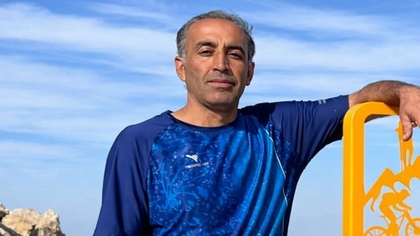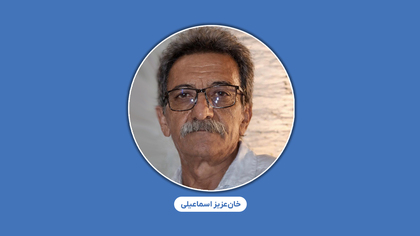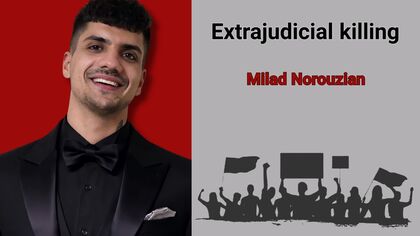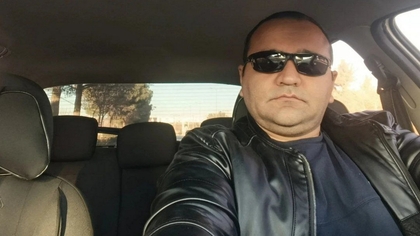Qasem Mazinani: Head of Branch 9 of the Supreme Court and His Role in Approving Death Sentences for Political Prisoners
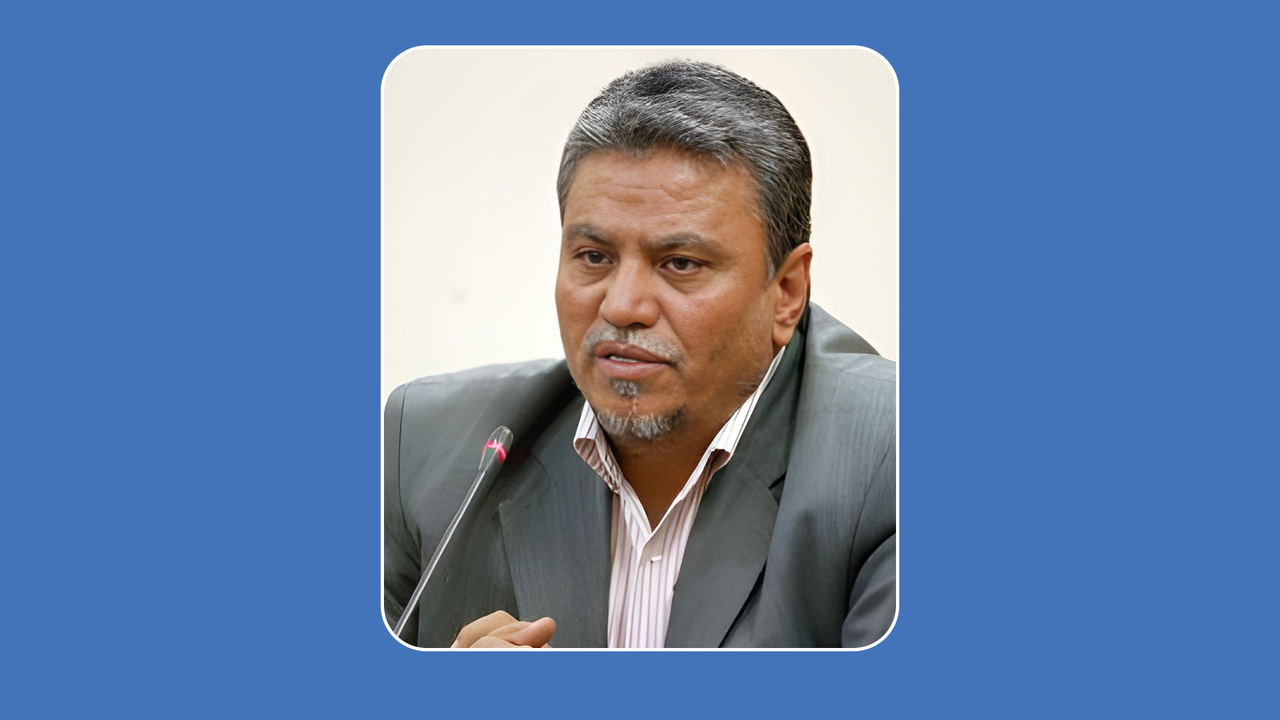
Qasem Mazinani, the head of Branch 9 of Iran’s Supreme Court, is one of the key figures in the approval of death sentences for political prisoners and protesters in recent years. By upholding verdicts issued by Revolutionary Courts, he has played a pivotal role in accelerating executions—often in cases where the defendants were denied legal counsel, the right to defense, and fair trial standards.
Role in the Case of Hamid Hosseinnezhad Heydranlou:
In the case of Hamid Hosseinnezhad Heydranlou, Mazinani approved the death sentence just seven days before the official execution notice was given to the lawyers, disregarding evidence of innocence and serious due process violations.
On March 26, 2025, Qasem Mazinani, in his capacity as head of Branch 9 of the Supreme Court, formally upheld the death sentence of Hamid Hosseinnezhad Heydranlou. Hamid had previously been sentenced to death by the Urmia Revolutionary Court on the charge of baghi (armed rebellion). In their appeal, his lawyers submitted documentation such as passport entry stamps, mobile phone tower logs, and geographic distance, proving he was outside Iran during the alleged armed conflict. Nevertheless, Mazinani's court ignored this evidence and confirmed the execution order.
This case is emblematic of a broader pattern in which confessions obtained under torture, without fair trial guarantees, are used to justify capital punishment—highlighting Mazinani’s role in legitimizing politically motivated death sentences that violate fundamental rights.
Notable Cases Where Qasem Mazinani Approved Executions:
The “House of Isfahan” Case:
●Involving Saleh Mirhashemi, Majid Kazemi, and Saeed Yaghoubi—three protesters sentenced to death based on torture-induced confessions and without fair trial.
●Their executions were carried out in May 2023.
Four Kurdish Political Prisoners:
Mohsen Mazloumi, Pejman Fatehi, Vafa Azarbar, and Hajir Faramarzi, accused of moharebeh (waging war against God) and alleged collaboration with Israel.
Their death sentences were approved by Mazinani and executed on January 29, 2024.
Hamid Hosseinnezhad Heydranlou:
●Accused of “participation in armed conflict against border forces”—a charge reportedly fabricated while he was in Turkey.
●His sentence was upheld by Mazinani on March 26, 2025, and scheduled for execution on April 18, 2025.
Patterns of Judicial Misconduct in Mazinani’s Verdicts:
Reliance on confessions under torture
Denial of access to independent legal counsel
Brief court sessions lacking substantial evidence
Use of “judge’s personal knowledge” (elm-e qazi) instead of legal proof
Rejection of retrial requests, even with new exculpatory evidence
Qasem Mazinani’s Judicial Role and Responsibilities:
Current Position: Head of Branch 9 of the Supreme Court (since December 2022)
Background:
Senior judicial official at the Supreme Court
Judicial advisor
Former security consultant to the General Inspection Organization of Iran
He is chiefly responsible for reviewing and confirming final death sentences issued by Revolutionary Courts, especially in political and security-related cases.
Conclusion:
Judge Qasem Mazinani has played a central role in the systematic approval of death sentences for political detainees and protesters during his tenure at Branch 9 of the Supreme Court. The way these cases have been handled—with blatant disregard for fair trial principles—especially in the case of Hamid Hosseinnezhad, has sparked serious concern among domestic and international human rights organizations.
